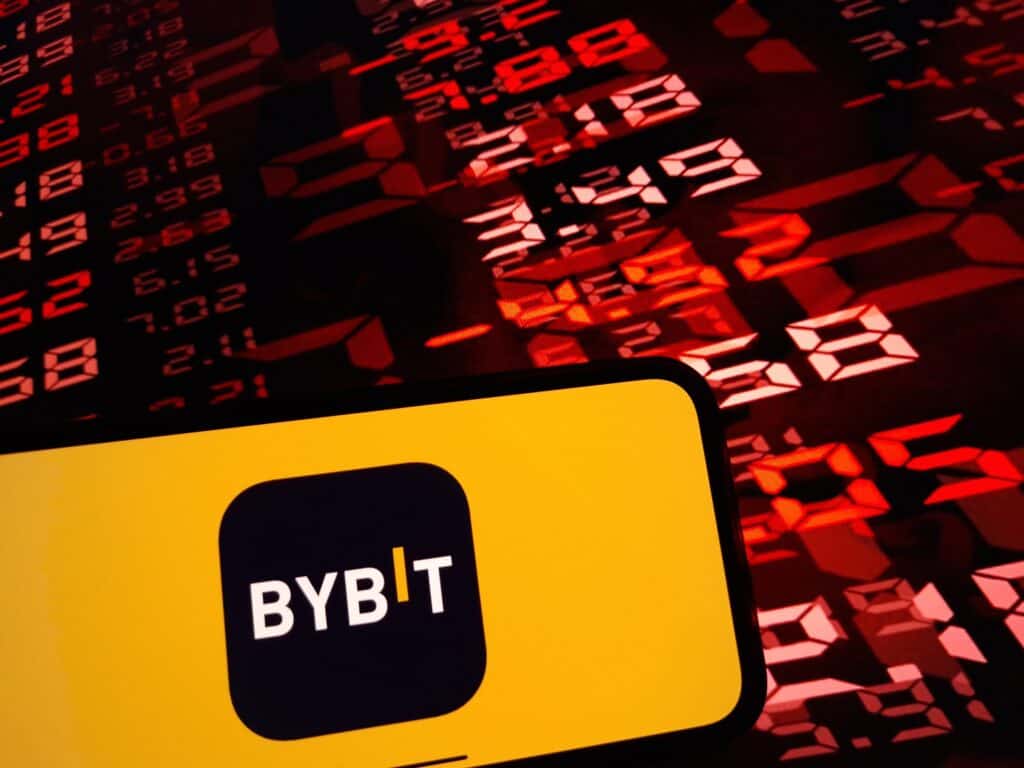
Key Takeaways:
- Thailand’s SEC will block Bybit, OKX, and three other unlicensed crypto exchanges on June 28 due to regulatory violations.
- The crackdown is part of broader efforts under new cybercrime laws to curb money laundering and illegal digital asset trading.
- Despite the bans, Thailand is advancing regulated crypto initiatives, including state-issued digital investment tokens and stablecoin approvals.
Thailand’s Securities and Exchange Commission (SEC) will block five cryptocurrency exchanges—Bybit, 1000X, CoinEx, OKX, and XT.COM—starting June 28, citing unlicensed operations and potential money laundering risks.
The action follows investigations into these platforms and is backed by the Royal Decree on Technology Crime Prevention, effective since April 13, which gives the Ministry of Digital Economy and Society (MDES) the power to ban unauthorized digital asset services.
THAILAND TO BLOCK BYBIT, OKX, COINEX, XT, AND 1000X ON JUNE 28: DETAILS…
— BSCN (@BSCNews) May 30, 2025
– The Thai SEC is cracking down hard on unlicensed crypto platforms. Starting June 28, 2025, access to Bybit, OKX, CoinEx, XT(.)COM, and 1000X will be blocked nationwide.
Key points:
– These platforms… pic.twitter.com/NcBNdkmTo9
The SEC emphasized investor protection and warned users to manage their assets before the enforcement date, stressing that unlicensed platforms offer no legal safeguards under Thai law.
Official complaints have been filed with the MDES, and a nationwide block is expected.
Despite the crackdown, Thailand remains active in digital asset development.
The government plans to allow crypto payments via credit card-linked platforms for tourists and aims to launch $150 million in digital investment tokens to expand access to government bonds.
BREAKING:
— Ash Crypto (@Ashcryptoreal) May 27, 2025
🇹🇭 BANK OF THAILAND PLANS TO ALLOW TOURISTS TO SPEND CRYPTO WITH THEIR CREDIT CARDS LOCALLY.
GLOBAL ADOPTION INCOMING pic.twitter.com/jEukABUU2Q
Earlier this year, stablecoins like USDT and USDC were approved for trading on licensed exchanges.
While Bybit and OKX have not responded publicly, the move reflects Thailand’s attempt to balance investor safety with its crypto ambitions.

